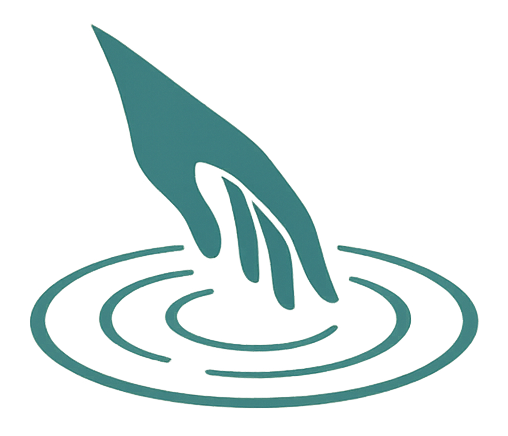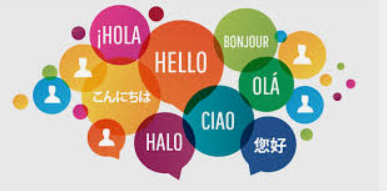The Importance of Preserving Dying Languages
Nowadays, more than 750 languages have become extinct. The United Nations estimates that 40% of languages have less than 1000 users. While some argue that the practical function of daily communication should determine whether a dying language should be protected, I firmly believe that language is more than a tool. It embodies culture and is a vital means of recognizing human beings. As such, it is imperative that dying languages be protected.
Language diversity safeguards cultural diversity, which makes culture a valuable historical asset. The conveyance and advancement of culture require diverse language as it denotes the varying substance and form of culture. Without timely preservation and scientific recording, it will be irrevocably lost, resulting in significant cultural losses. For example, Australia formerly had over 250 spoken languages, but many have become extinct or endangered over time. Due to the imposition of English language and culture, many Indigenous Australians were forced to relinquish their own language and traditions. This has led to a significant decline in the preservation of Aboriginal Australian culture.
Meanwhile, language plays a significant role in studying human history, and understanding language and its nuances is crucial in comprehending human beings. As stated by BBC News, “different languages will have their quirks which tell us something about being human.” Language itself molds people’s distinct interpretations of the world, making it imperative for exploration. For example, scholars still debate the phonetics and development of each Chinese character, which is around 3,000 to 4,000 years old. The study of the Sino-Tibetan language family poses challenges due to the extinction of languages like Gujarati, making research difficult.
Although language evolution is inevitable, dying languages should not be abandoned outright. While some claim that the law of the world is survival of the fittest and the best, they neglect the immense sorrow that comes with future loss. Conservation of language diversity, much like efforts to preserve species diversity, is difficult and expensive, but there are still those working towards it precisely because of its incalculable value.
All in all, a harmonious and prosperous global community must be built on diversity, recognizing the unique identity of each language. There should be no value judgments on language quality, nor should any language be consigned to history. The approach to diverse languages should aim to find commonalities while respecting differences.
X. Chen

